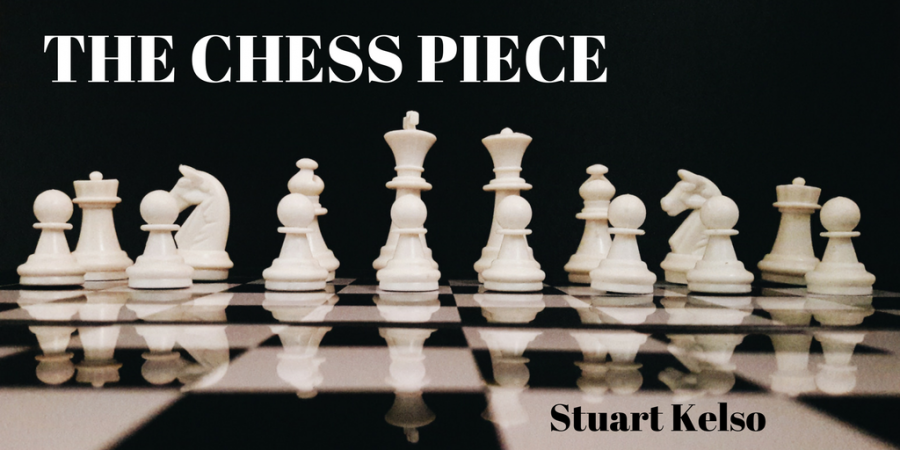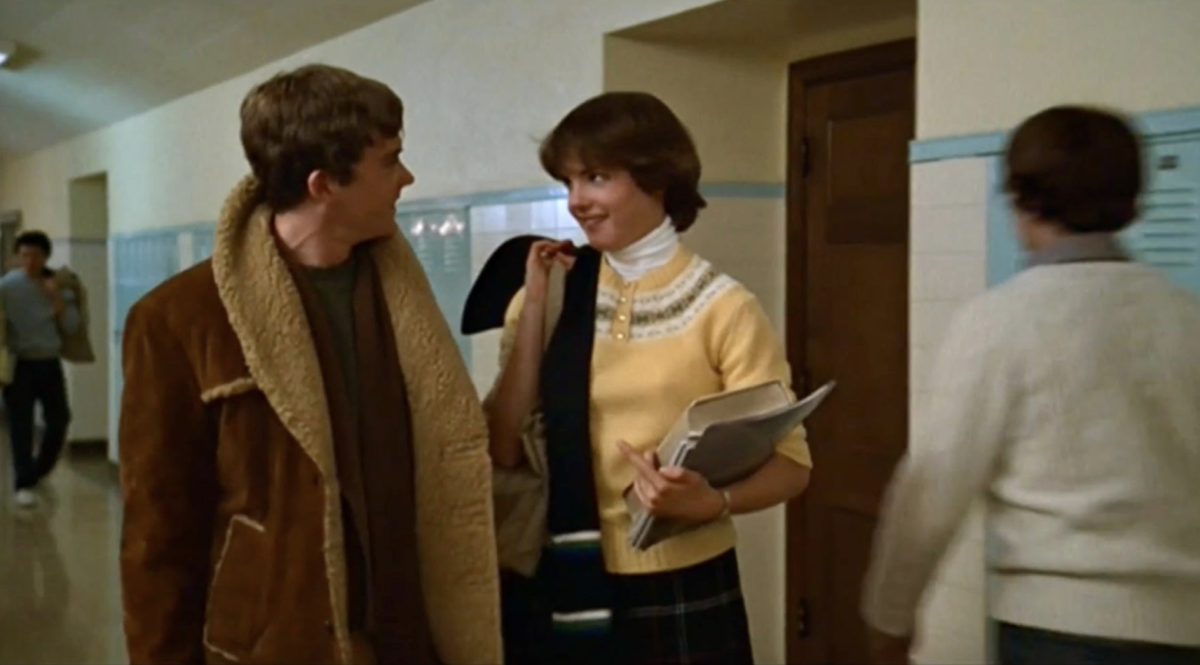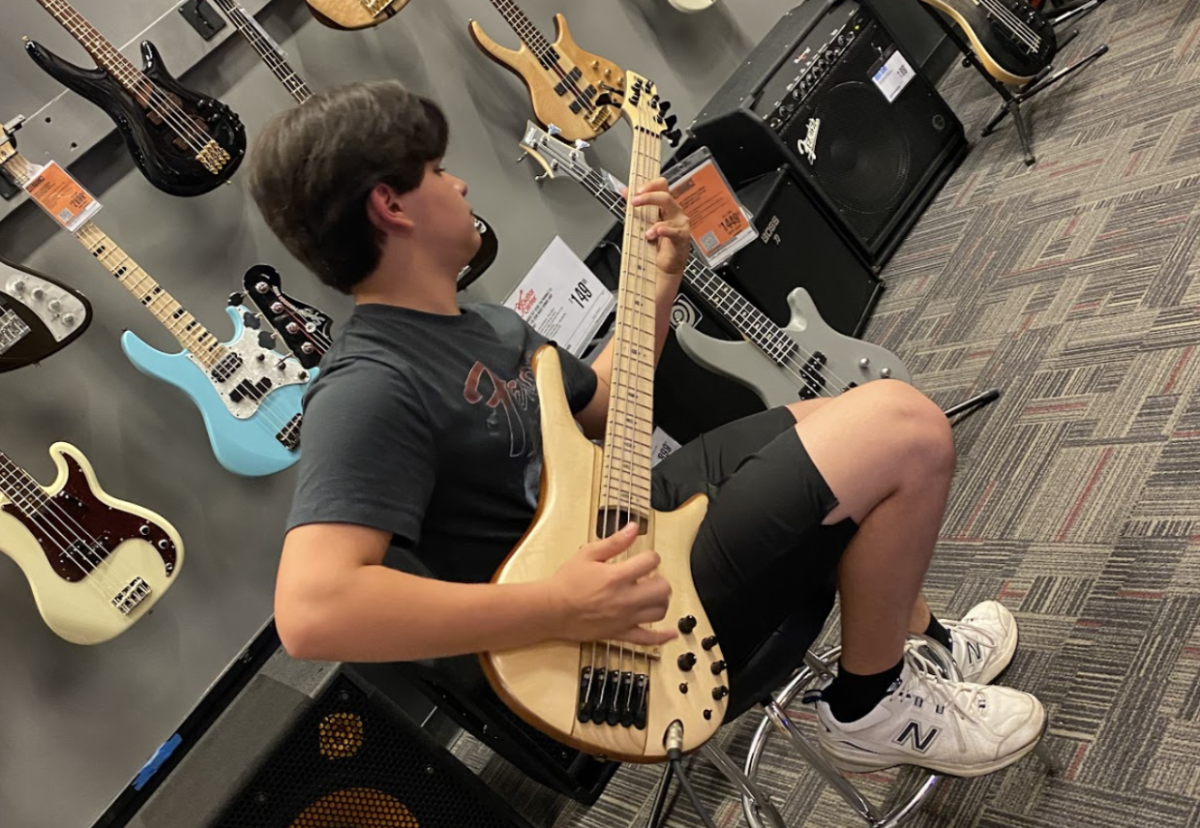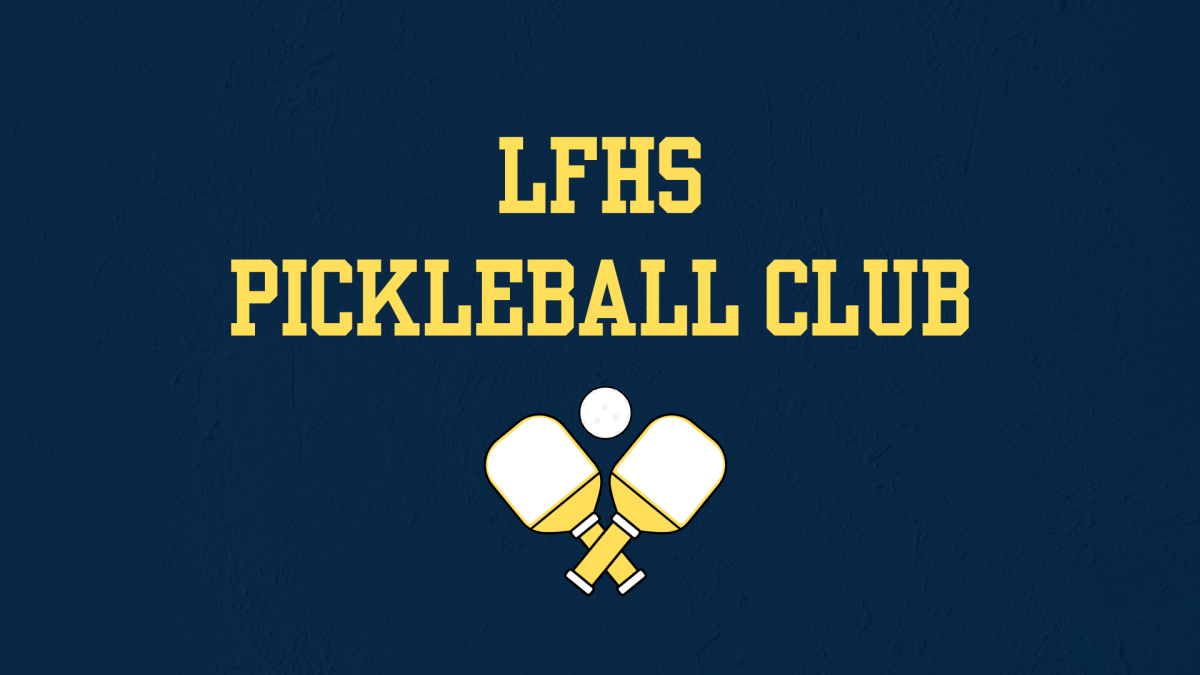Chess is not a game that one can pick up in a minute. In fact, some people go their whole lives without achieving true mastery of the sport. There is no other game quite like it in the world. Every game in the world is meant to be fun, and at the same time test one’s competitive spirit according to the rules and is to be decided by skill, strength, or luck. Luck is best exhibited in bar games like darts and shuffleboard. Strength is tested more often in contact sports such as football and baseball. Then there is the category of pure skill, dominated by one single sport for only the intelligent elite.
Each chess game starts of with the same 32 pieces and a limited number of moves, on the second turn there are an estimated 197,742 possible outcomes, and then it jumps to 121 million. There are an estimated 10,100,000 number of possible chess games to be played, yet the average game is usually over by move 40. Chess is played by over 600 million in the world today. It can be done on a real board and on a digital too. There is no denying, of course, that it is a safe sport for all to comfortably enjoy and master.
Every day parents and teachers push students to face adversity and challenges, and what better way to do so than play chess? In a non-threatening environment, the chess board can be the ultimate tool to strengthen the student’s mind, in and out of the classroom.
One of the skills that a student can learn through chess is the art of competition. They are able to pick up this skill through practice, teaching them that they can accomplish anything with enough repetition and thought. They learn to be gracious winners and practice good sportsmanship throughout their competitive games of chess. The student is taught to be confident and gives them a sense of their accomplishment, helping them take on life’s challenges in their later years.
Chess allows students to practice their management skills as well. In a chess game, you are in charge of 16 pieces, and under your watch, you need to protect them all from all danger. The end game is what you are playing for and you can not get there alone. In order to make it in chess–and in real life–you need to think of more than just yourself, but your whole team. Chess teaches you that you have to control your impulses (sometimes it is better not to capture a piece and wait for a better opportunity to arise). Students who play chess learn self control and they are more likely to think before they make any rash decisions.
Behavioral skills evolve in people as their chess game improves. Responding effectively to criticism, resisting negative influences, listening to others, and helping others are all part of the learning experience. To truly consider yourself a chess player you’re going to accept the fact that you will lose, but from these losses you will still come out victorious from the realization and understanding of your flaws.
Besides these major concepts, the chess pieces themselves can give everyone a lesson. The pawns, who of course are the lowest of your ranks, but should be treated as valuably as your king. If you decide to just let them be captured, thinking it is no big deal, the rest of your pieces will soon follow. The pawns are the first line of defense, and the best defense is a good offense. Hold onto your pawn, one day they could become a queen.
Join the LFHS Chess Club. Any student is welcome. Club members will be taught all aspects of the game: openings, middlegame techniques, endings, and chess strategy. During the Chess Team season, members compete against other schools in official matches and participate in the IHSA State Team Chess Tournament.
The Chess Club meets on Wednesday and Thursdays after school at 3:20 in the Library classroom.







